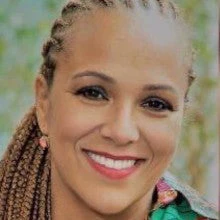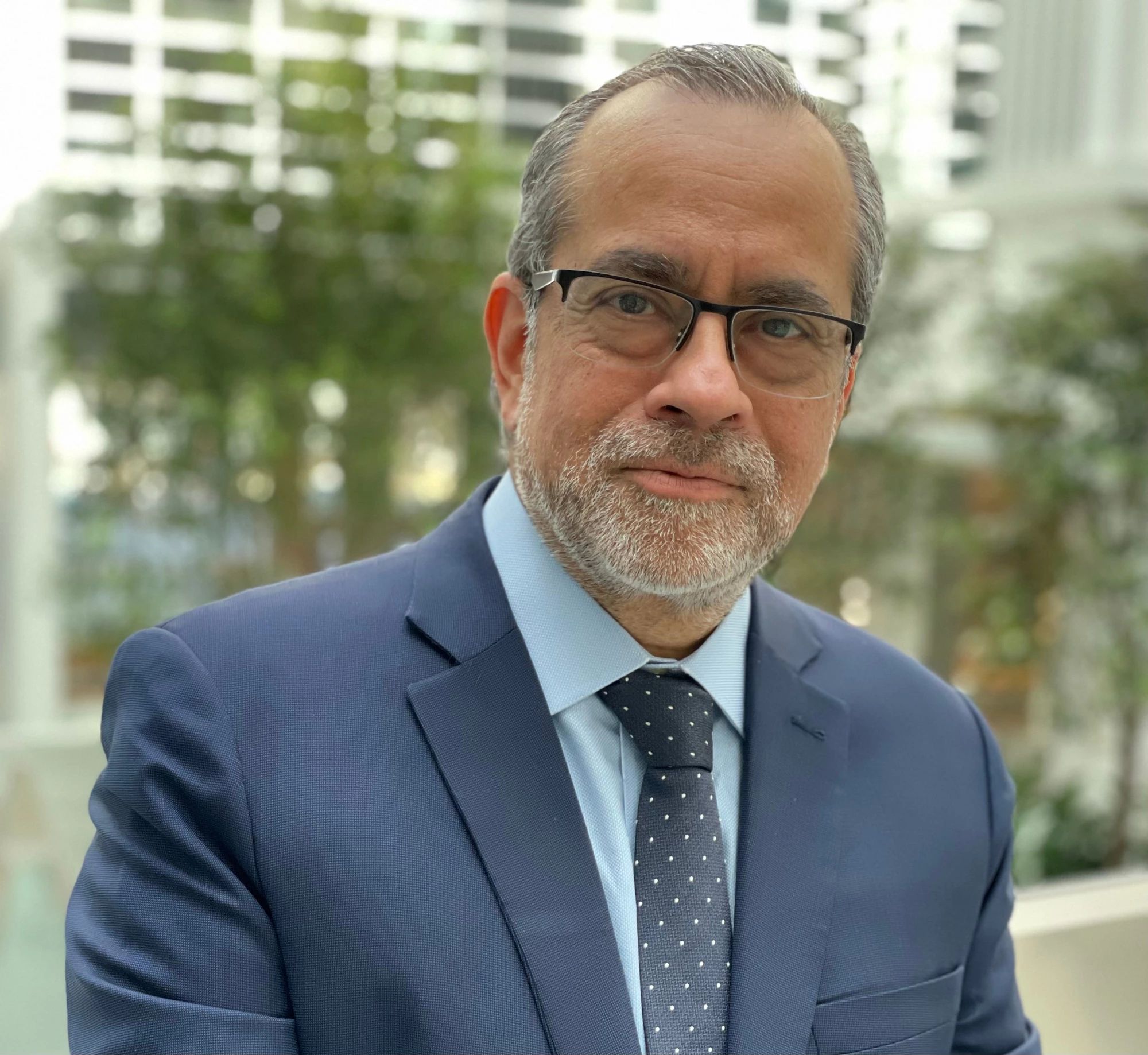 Rambo Primary School, Kirundo Commune, Kirundo Province Burundi. Photo: @UNICEF Burundi/2019/J.S. Barikumutima
Rambo Primary School, Kirundo Commune, Kirundo Province Burundi. Photo: @UNICEF Burundi/2019/J.S. Barikumutima
September 7, 2020, marked the first day of school in Burundi. Unlike many other countries around the world, schools remained open during the pandemic and students have completed the last school year and have begun the 2020-2021 in their classes. The official number of COVID-19 cases in Burundi is 606 with one death (as of November 4, 2020).
Before many other countries, Burundi understood that investing in its Human Capital would be a way to transform itself. For instance, by introducing free primary education in 2005, Burundi has greatly increased school enrollment and school completion, especially in the early grades. A conscious decision to ensure gender parity and push girls to attend early grades has resulted in parity in primary education since 2012.
Quality of learning has also significantly improved. Results from “Programme d'analyse des systèmes éducatifs de la CONFEMEN” (PASEC) 2014 shows that not only are children in Burundi performing better than their peers in other Sub-Saharan African Francophone countries in reading (in grade 2) and mathematics (in grades 2 and 6), but it is the only country to have a high national score and a low level of inequality between the results of the best and weakest pupils at the end of primary. Learning assessment results are consistent with the results from the Early Grade Reading Assessments carried out in 2011 that indicated that 40% of grade two students were independent readers, 40% could read partially, and only 20% were non-readers.
Primary school children in Burundi are performing better than primary school children in other countries in Sub-Saharan Africa ; Burundi is the sixth top performer (out of 42 countries) according to the Harmonized Test Scores of the Human Capital Index. Since the start of free primary education, literacy rates, especially for youth, have significantly increased, from 62% in 2008 to 88% in 2017, ranking Burundi among the top 20 countries in Africa. Such impressive results have been achieved in part due to instruction in Kirundi (local language spoken by 98% of the population) in the early grades, a cadre of qualified, dedicated and experienced teachers, and an engaged community that supports the governments’ education efforts at the local level.
The Early Grade Reading Project, supported by the World Bank, contributes to these efforts by strengthening curriculum, teaching and learning resources in the primary grades, expanding school feeding, and providing school kits. The project, designed pre-COVID-19, was forward-looking in that it covers awareness of parental support to ensure on-time school enrollment as well as uninterrupted attendance and progression of children.
However, significant challenges still remain. While completion rates have significantly improved since the introduction of free primary education, they still remain below the average of the Sub-Saharan Africa region and other low-income countries: 4 out of 10 children do not finish primary school and 7 out of 10 do not finish secondary school. This is partly due to demographic pressure, which leads to more and more children progressing through the education system. The influx of children has put a strain on teaching and learning resources, particularly in critical foundational subjects such as French (along with Kirundi, French is an official language of Burundi). With an average size of 4.8 people per household and a fertility rate of nearly 5.9 children per woman, the population is expected to more than double by 2050. The ever-growing demography has been a challenge for basic services in education, with the government taking concerted steps to meet demand, including by recruiting teachers and ensuring a sufficient number of classrooms.
The government is very much aware of this, and is introducing policy measures to mitigate the impact of demographic pressures on the education system. This will require a multisectoral engagement involving health and social protection sectors to play their part in a long-term “responsible parenting” strategy that support informed family planning.
Critical skills, such as digital skills, will enable job participation, creation, and innovation in formal and informal sectors, and entrepreneurship skills will help Burundi’s youth build capacity to apply gained knowledge and skills to create jobs . Focusing on building the skills of Burundi’s youth today will help ensure that they are competitive and productive in the future.
By supporting continuous learning at both school and home, by empowering parents to support their children’s learning and by teaching digital skills, Burundi is already on the path to the vision for “learning of the future.” As digital applications in education become the norm in many countries around the world, leveraging digital technologies in Burundi will ensure that the country’s children benefit from the latest resources and solutions to support teaching and learning. Building on existing activities implemented in the country, Education Technology (EdTech) can help Burundi accelerate the momentum of reforms.
For example, in aligning with radio instruction in the classroom and radio messaging in the home that is supported under the Early Grade Reading Project, there is also an opportunity to leverage basic mobile phone technology to accelerate learning by complementing classroom instruction with formative assessment at home delivered through SMS/text messages. Likewise, on-the-job teacher training could be accelerated at scale through blended methods, such as a combination of traditional face-to-face and online training and digitally supported coaching and mentoring. Such digital applications and innovations will not only support students and teachers in basic and secondary school, but also build Burundi’s greatest asset – it’s youth.






Join the Conversation